survivorship to serenity
DeAnn’s recent podcast (Episode 10) on acceptance, intentional action, and discernment inspired me to share more of my own backstory. What you see as Show Up and Stay today with our focus on early sobriety all started back in 2013 with a health scare of my own - a melanoma cancer diagnosis requiring surgery and a skin graft on my face. As is often the case, facing cancer was one of those traumatic situations that both scars you literally and metaphorically and forces one to face their mortality as well.
Like you, I sought my own acceptance (this could kill me, and I’m not done), intentional actions (changing my career and working only for people and companies that I admire doing work that brings me joy and passion) and discernment (prioritizing physical and mental health, learning to be content, serene, and present). As life would have it, the cancer returned last year and resulted in another surgery and new immunotherapy treatment, and the cycle repeated with one very important difference - I was now already doing EXACTLY what I would do if I knew my time here was limited. I can’t tell you how important that self-knowledge is to me today.
Build to Live, Live to Build
One of those passions has always been to be a builder, so I set out to build something of my own that would give me both the chance to do what I love (building software) but to approach it in a way that would also let me build a legacy that would last into my retirement.
In 2017, Caleb Kennedy and I started a non-profit focused on helping mission-based non-profit organizations and their supporters and volunteers reach the people they hope to help, provide access to their training, resources, and services, create community, and even provide tools and content that can help people learn and change behavior. Our first attempt at this focused on families of children with special health needs and improving the Individualized Education Program (IEP) process, but we struggled to find sponsors in the education space who would partner to try a different approach.
What I realized along the way is that whether the cause is families of children with special health needs, people who are learning to manage mental health challenges or chronic diseases, people who have lost a child, or even people like myself who have had cancer, what unites these communities is the desire to learn from and help others who have had similar experiences. We are also united in a larger way because we are all working to move beyond the trauma and to not only survive but even to thrive again.
Survivorship is hard, but it can also turn us into more resilient, more content, more present people. I emerged from that long, dark winter of my discontent resolved to have a “Summer of Contentment” - to find serenity, beauty, joy, and to share it with the people I love. Here’s what I shared with friends and family that summer:
Be Less Unhappy
“I've learned a few things about happiness during my "Summer of Contentment" - here's the first: if you want something more than the others on which you depend, then unhappiness is just around the corner.”
Wherever You Go, There You Are
“Key to Contentment #2: Figure out what makes you unhappy, and change those things. My feet get uncomfortable when I'm working if I'm wearing shoes, so I wear slippers instead. I have also learned that the space I am in affects my mood - some places make me unhappy. I now only work in spaces that I like and where there are windows and natural light. Small things matter over long hours and days.”
Sleep
“Sweet Serenity Tip #3: get enough sleep. My Grandma Jane told me 30 years a ago that if things were overwhelming, sleep was the answer, and she was right. Said another way, if you get enough sleep, you can handle anything and you don't even notice the bumps in the road. Since I now usually get enough sleep, it's amazing to observe what happens when I don't - my stress and frustration level goes through the roof. Get a good sleep, and even though nothing about the circumstances has changed, it melts away.”
“Inner Peace Tip #4: Spend time in the service of others. It really doesn't matter what you do or why it works, or that this may mean that your motivation for doing so is really selfish, but it works and it helps others too.”
Balance
“I’ve been under the weather this week, which brings me to Tip #6: It may be all about balancing mind, body, and soul, but if your body is out of whack you have no chance finding that balance. Physical health is so fundamental to happiness that you just have to make the time for eating well, exercise three, losing that extra 20 pounds, getting enough sleep (yes, I doubled up), washing your hands, and everything else your parents were supposed to teach you. I have a nasty habit of letting most of these things slip when I do get sick, and that leads to a vicious cycle that is always hard to break.”
“Lucky #7 comes to us as a quote from the summit on happiness - Rabbi Jonathan Sacks: "Sometimes we don't need to pursue happiness. We just need to pause and let it catch up with us." Our friend Katie recently suggested I read Thich Nhat Hanh - I hope to learn more about enjoying now.”
“Happiness tip #8: Cook more, and use lots of knives. If you don't need a knife to prepare at least some of your meal, then you are missing out on fresh veggies, fruit, and protein. Despite the extra time it takes, there is something Zen about cooking that relaxes me and the results are usually worth it.”
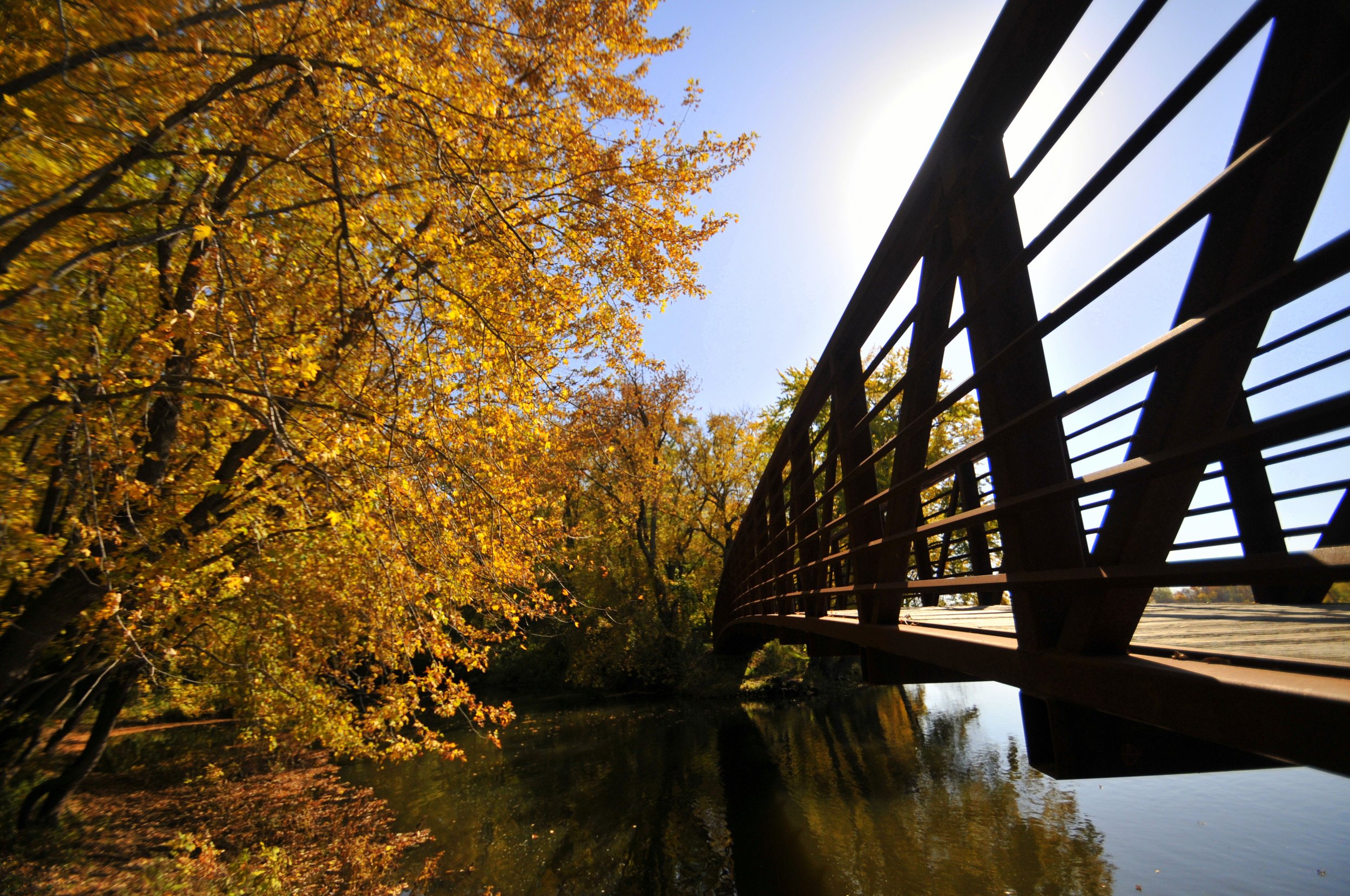







Nothing profound - just more “old wisdom” rediscovered by one more human lucky enough to walk this earth.
Gratitude to my many friends at Sanvello for sharing what you know with me while I worked with you, and accidentally teaching me about my anxiety, mental health, and the power of Cognitive Behavioral Therapy (CBT). You changed my life.
And acknowledgement for the beautiful photographs by Tracy Knighton - you change how I see the world with your art. You are my life.
Be well.





